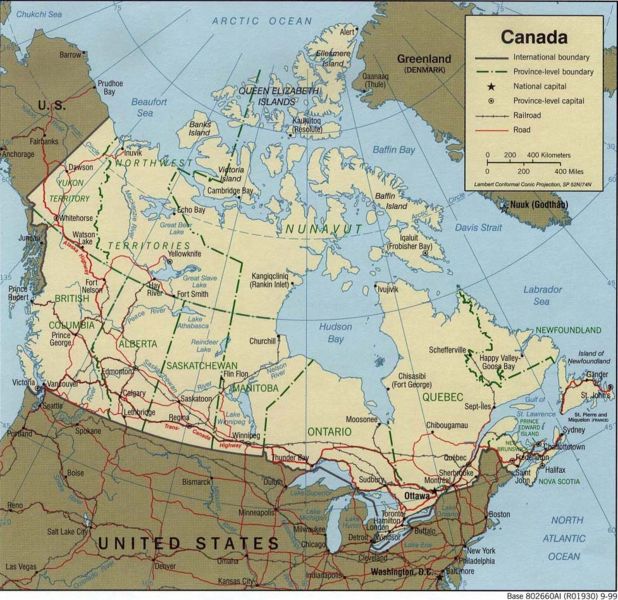The Public Health Agency of Canada (PHAC) issued six Travel Health notices Friday as many Canadians flee the frigid weather and head down south for vacation or holiday.

Travel notices were issued due to dengue fever, H7N9 avian influenza, cholera, measles, polio and chikungunya.
Concerning the mosquito borne viruses, dengue fever and chikungunya, the PHAC advises travelers to consult a health care provider or visit a travel health clinic preferably six weeks before you travel.
Related: Canada reports over 300 confirmed chikungunya cases in 2014, Ontario sees the most
Protect yourself from mosquito bites, particularly during peak mosquito biting times around sunrise and sunset and if you develop symptoms similar to chikungunya or dengue fever when you are travelling or after you return, see a health care provider and tell them where you have been travelling or living.
Concerning H7N9 avian influenza, health officials advise travelers to affected areas like China to avoid high-risk areas such as poultry farms and live animal markets including areas where poultry may be slaughtered and to avoid unnecessary contact with birds, including chickens, ducks and wild birds.
If you have developed flu-like symptoms and you have been travelling or living in an area where avian influenza is a concern: Upon arrival in Canada, tell a border services officer or a quarantine officer and If you develop symptoms within 14 days after your return to Canada, you should see a health care provider and tell them where you have been travelling or living.
Travel to the Caribbean islands of Cuba, Dominican Republic and Haiti and the Central American country of Mexico prompted a travel notice due to cholera. PHAC advises travelers to practice safe food and water precautions and to consider getting vaccinated against cholera.
Measles outbreaks have occurred in the Philippines, Vietnam and China in 2014. However, this are not the only countries as measles is a global threat (see map HERE).
The most important thing you can do to prevent measles is to get vaccinated. The PHAC says: Travelers should be up-to-date on measles immunization regardless of their travel destination.
- Infants and Children:
- Two doses of a measles-containing vaccine are recommended for children.
- The first dose should be given at 12-15 months of age and the second dose should be given at 18 months of age or any time thereafter, typically before school entry.
- During outbreaks or for travel to regions where measles is a concern, the vaccine may be given as early as six months of age. Under these circumstances, the routine two dose series must be then restarted on or after the first birthday, for a total of three doses.
- Adolescents and Adults:
- Adults born in or after 1970 should make sure that they have received two doses of measles-containing vaccine.
- Travellers born before 1970 should receive one dose of measles containing vaccine if they do not have one of the following:
- documented evidence of receiving measles-containing vaccine on or after their first birthday;
- laboratory evidence of immunity (e.g. through blood testing); or
- a history of laboratory confirmed measles disease.
Polio is still an issue in a handful of countries. PHAC says: Make sure you are vaccinated.
- All travelers should keep their polio vaccination up-to-date, especially if they are going to:
- Countries where polio has not been eliminated.
- Countries with recently imported cases of polio or where the virus has been detected.
- Countries close to those where polio is endemic or those where recent cases have been reported.
For more infectious disease news and information, visit and “like” the Infectious Disease News Facebook page


3 thoughts on “Canada issues six travel advisories as Canadians go on holiday”